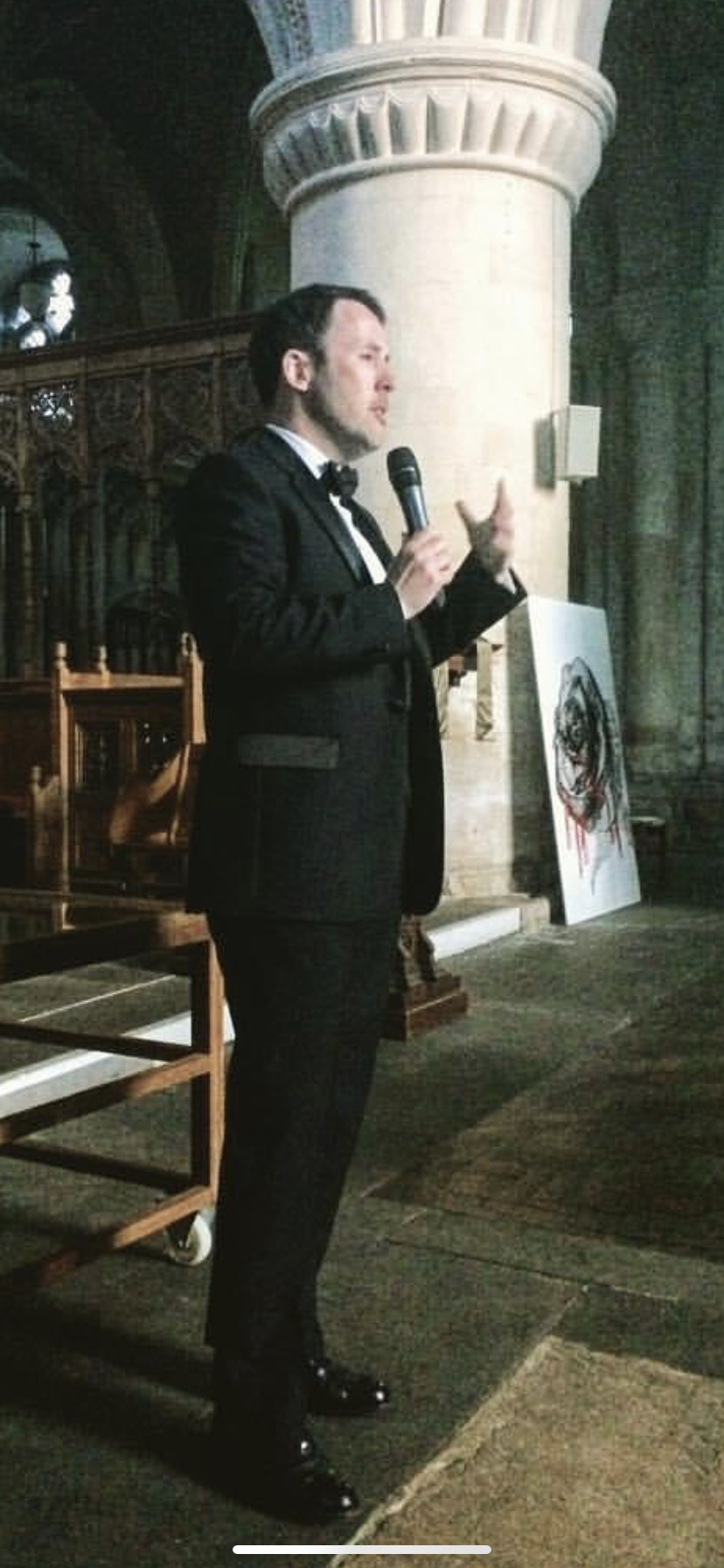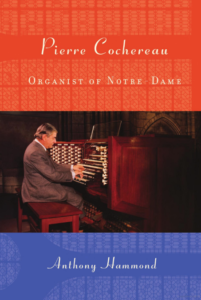Lecture-Recitals
Information Meets Music
Lecture-recitals are a little different from the traditional organ concert, and are particularly suited to groups or venues with specific interests in one particular area of Anthony’s expertise. This might mean focusing on the work of one composer, examining a particular style of organ composition, exploring music linked to a particular organ or building – anything!
Lecture-recitals intersperse musical examples or demonstrations at the organ with a spoken lecture, often supported by additional audio or video illustrations.
“St. Mary’s Cathedral and the San Francisco Chapter, AGO, was pleased to co-sponsor an organ recital by Anthony Hammond, in which he played his reconstruction of an organ symphony improvised by Pierre Cochereau on the cathedral’s Ruffatti organ in 1972. The recital, which also contained some of Cochereau’s favorite repertoire as well as Hammond’s own improvisation, was impeccably played and well-received, and the performer received a much-deserved standing ovation. The lecture on the previous day showed the depth of Hammond’s research into the subject, which he was able to convey to the attending organists with great clarity.”
(Christoph Tietze, Director of Music St. Mary’s Cathedral, San Francisco)
Past examples have included:
- The Forgotten Organist: Léonce de Saint-Martin and the French Romantic Tradition – Saint-Martin was the organist of Notre-Dame de Paris between the tenures of Louis Vierne and Pierre Cochereau, a period that included the dark days of the Nazi occupation of Paris in World War 2. Throughout his career he suffered outrageous character assassination by those who disputed the legitimacy of his appointment at the cathedral, and his story is worthy of a Hollywood movie. Anthony’s lecture-recital not only introduces the audience to Saint-Martin’s superb and tragically neglected music, it also takes listeners to the heart of the gossip and treachery of Parisian organ lofts in the 1920s and 30s, and provides clear evidence of Saint-Martin’s having been most unfairly vilified.

- Franck’s ‘Fantaisie en ut majeur’: the evolution of a masterpiece – The Fantaisie that opens César Franck’s 1868 collection of Six Pièces was the result of a decade and a half of musical tinkering. It exists in no fewer than four versions, two of which predate the published one and one that came shortly after. Looking at how the music evolved, with whole sections added and removed, provides a fascinating insight into the compositional process. No section of the published version is common to every version, and some magnificent music that once formed part of the piece survives but is totally unknown today. Anthony’s lecture-recital takes listeners through the history of the work, explaining the why, the where and the when of each version, and includes performances of all of the known sections, helping listeners to hear the published version in a very new way.
- Cochereau in Context – Drawing on Anthony’s world-renowned research into one of the greatest organist-improvisers of the 20th century, and positioning Cochereau within the history of organ music. Cochereau composed very little, always preferring to improvise. He felt that he could not put down on paper music that was anywhere near that which he could create spontaneously at the console. This has presented a challenge for traditional historical musicology, which always tends to evaluate on the basis of written works. Anthony’s research addresses this issue and through this lecture-recital, which includes contextual works by Cochereau’s teachers, he is located clearly at the crossroads of two traditions.
- Zithromax 5 day course of treatment
- Meloxicam 15 mg tablet info
- Help paying for flonase
- Buy allopurinol online from Olympia
- Where to buy aromasin in Ottawa online
- Free avapro
Get in touch to schedule a lecture-recital for your group!

